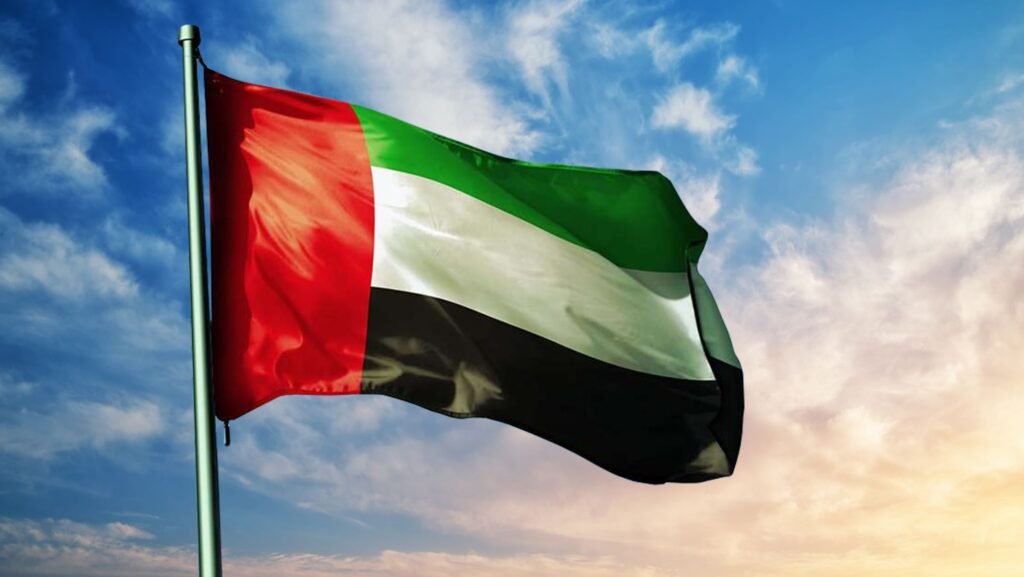The United Arab Emirates (UAE) is set to experience significant economic growth in 2025. According to experts, the country’s Gross Domestic Product (GDP) is expected to rise by 6.2%. This impressive growth is driven by strong government policies, increased foreign investments, and a booming non-oil sector.
Key Drivers of UAE’s Economic Growth

The UAE’s economy has been steadily recovering from global challenges, including the COVID-19 pandemic and market fluctuations. The government’s proactive strategies, economic diversification, and business-friendly policies have played a major role in boosting economic activity. Below are some of the key factors contributing to this remarkable growth forecast:
1. Expansion of the Non-Oil Sector
While oil has traditionally been the backbone of the UAE’s economy, the country has been making continuous efforts to diversify. Key sectors such as tourism, real estate, technology, and finance have seen massive growth. The introduction of new free zones and business-friendly reforms has encouraged entrepreneurs and global investors to set up operations in the UAE.

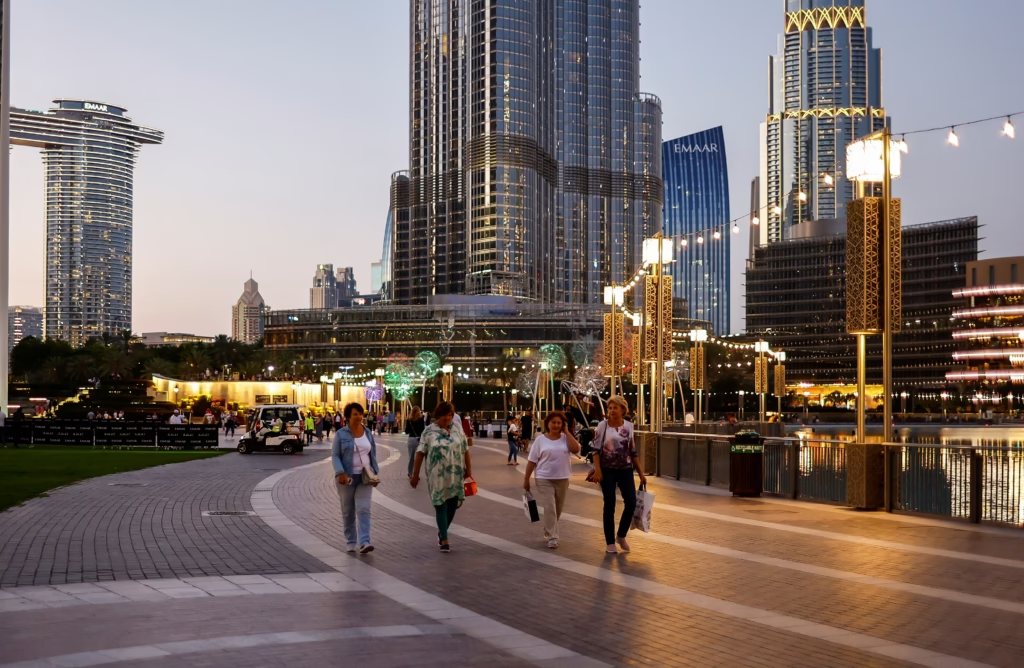
The UAE’s tourism sector, in particular, is flourishing. With global events like the COP28 climate summit and numerous high-profile exhibitions, the country is attracting millions of visitors annually. The hospitality industry is witnessing record numbers, adding significantly to the GDP.
2. Increased Foreign Investments
Foreign Direct Investment (FDI) has been on the rise, with investors drawn to the UAE’s stable economy, tax-free business environment, and strategic location. Government initiatives such as the ‘Golden Visa’ and 100% foreign ownership of businesses have made the UAE an attractive hub for global companies.

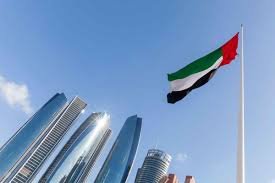
Real estate has also been a major beneficiary of this investment boom. Property prices in Dubai and Abu Dhabi have been rising as international investors and expatriates see the UAE as a long-term financial and residential destination.
3. Strong Government Initiatives and Reforms
The UAE government has launched several policies to encourage economic growth. The ‘We the UAE 2031’ vision focuses on strengthening various industries, ensuring financial sustainability, and promoting innovation. Additionally, the Emirates is investing heavily in artificial intelligence (AI), clean energy, and advanced technology, which will contribute to long-term economic stability.
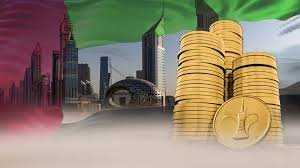
Infrastructure development projects, such as the expansion of airports, roads, and metro systems, are also boosting the economy. These initiatives create thousands of jobs and attract businesses looking for world-class facilities.
4. Growth of Startups and Digital Economy
Startups and the digital economy are playing a significant role in the UAE’s economic progress. The country has positioned itself as a tech and innovation hub, with major investments in fintech, blockchain, and e-commerce.
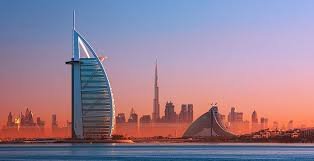
Dubai and Abu Dhabi have both seen a rise in tech startups, supported by accelerator programs, government grants, and venture capital funding. The shift towards digital transactions and online businesses is driving consumer spending and economic activity.
Challenges That May Impact Growth
Despite the positive outlook, the UAE’s economy faces some challenges. Global inflation, fluctuating oil prices, and geopolitical tensions can affect investor confidence. Additionally, competition from other financial hubs in the region could pose challenges to sustaining long-term growth.
However, the UAE government is actively working on risk mitigation strategies. By focusing on sustainability, economic reforms, and technological advancements, the country is preparing itself for any potential economic slowdowns.
What This Growth Means for Residents and Businesses
The expected 6.2% GDP growth in 2025 will bring several benefits to residents, expatriates, and businesses in the UAE.
- Job Opportunities: A thriving economy means more job openings in various sectors, from technology to hospitality. Professionals looking to build careers in the UAE will find increased employment options.
- Higher Business Profits: Entrepreneurs and business owners will likely see increased revenue, making the UAE an even more attractive place to start or expand a business.
- Rising Real Estate Market: With more investments flowing into the country, property prices and rental demand are expected to rise, benefiting homeowners and investors.
- Improved Infrastructure and Services: Government spending on infrastructure will lead to better public services, transportation, and urban development.
Final Thoughts
The UAE’s economic future looks promising, with a projected GDP growth of 6.2% in 2025. Strong leadership, visionary government initiatives, and a rapidly expanding non-oil sector are key drivers of this progress. While challenges remain, the UAE continues to position itself as a global economic powerhouse, attracting businesses, investors, and professionals from around the world.
As the country moves forward with its ambitious plans, both residents and businesses can expect a period of economic prosperity and growth in the coming years. If the trends continue, the UAE may soon become one of the world’s top-performing economies.
Also read: UAE Reinstates 30% Alcohol Tax – Bar & Restaurant Bills Just Got Pricier!

